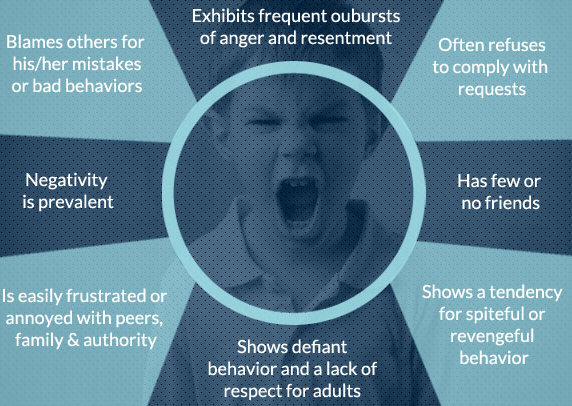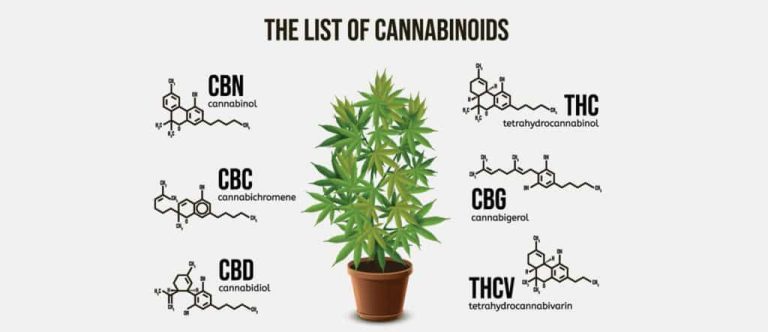
Oppositional Defiance Disorder:
Infographic credit – Pin on Behaviour (pinterest.com.au)
Studies show that medicinal cannabis can have a positive impact on behaviours including aggression, anxiety, self-harm, insomnia and other behaviours.
Oppositional Defiant Disorder (ODD):
ODD is a pattern of negative, defiant, disobedient, and hostile behaviour, and it is one of the most prevalent disorders from preschool age to adulthood. This can include frequent temper tantrums, excessive arguing with adults, refusing to follow the rules, purposefully upsetting others, getting easily irked, having an angry attitude, and vindictive acts.
These behavioural and emotional issues cause serious problems with family life, social activities, school, and work. Parents can feel alone and isolated, and it can be difficult to explain the gravity of the situation to others, including health professionals.
Symptoms:
It is common for children to show oppositional behaviours at certain stages of their development, and it can be hard to tell the difference between a strong-willed child and one with ODD. Symptoms of ODD generally begin in preschool years but may develop later, but almost always before early teen years. Oppositional and defiant behaviours are frequent and ongoing. They cause severe problems with relationships, social activities, school, and work for the child and the rest of the family.
Angry and irritable mood
Argumentative and defiant behaviour
Hurtful and revengeful behaviour
Severity
ODD can be mild, moderate, or severe:
Causes
There’s no known clear cause of oppositional defiant disorder. Causes may include a combination of genetic and environmental factors:
Risk factors
Oppositional defiant disorder is a complex problem. Possible risk factors for ODD include:
Complications
Children and teenagers with oppositional defiant disorder may have trouble at home with parents and siblings, in school with teachers, and at work with supervisors and other authority figures. Children and teens with ODD may struggle to make and keep friends and relationships.
ODD also may lead to other problems, such as:
Many children and teens with ODD also have other mental health conditions, such as:
Treating these other mental health conditions may help reduce ODD symptoms. It may be difficult to treat ODD if these other conditions are not evaluated and treated appropriately.
Families can have serious issues with thier children, it can impact not only family relationships but schooling, work and social areas.
Prevention
There’s no sure way to prevent oppositional defiant disorder. But positive parenting and early treatment can help improve behaviour and prevent the situation from getting worse. The earlier that ODD can be managed, the better.
Treatment:
Treatment can help restore your child’s self-esteem and rebuild a positive relationship between you and your child. Your child’s relationships with other important adults, such as teachers and care providers, will also benefit from early treatment.
Further Treatment:
Medicinal Cannabis has some excellent emerging evidence in assisting to reduce the behaviours, aggression, and anxiety in children with ODD. CBD-only oil has been trialed with good success for some people.
Research papers include:
Studies present solid evidence that the child patient has shown behavioural and cognitive improvements with no side effects reported. Children have responded positively to the introduction of CBD oil treatment with reduced negative behaviours, better sleep, and improved communication.
Please contact us to discuss this in more detail. other


Bookings –